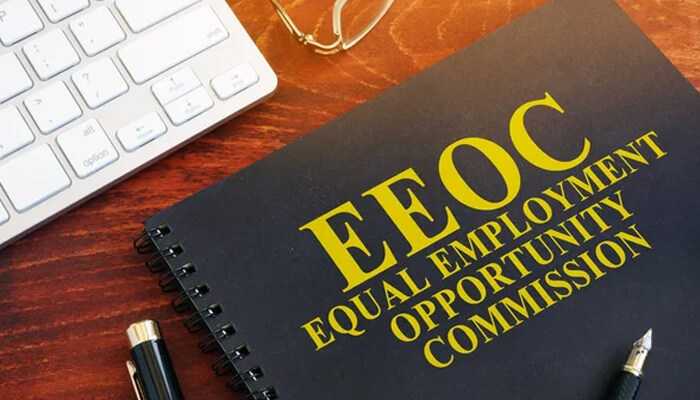An adverse employment action is an essential change in the terms and conditions of service that affects the employee. This change would deter a reasonable worker from making or supporting a charge of insight. This article discussed Your Legal Safeguard Against Adverse Employment Actions in Australia. Are you ready for that? Let’s go to uncover the fantastic knowledge about it.
It is vital to note that the definition of opposing employment action can vary depending on the precise law or regulation at issue. For example, Title VII of the Civil Rights Act of 1964 defines adverse employment action differently for acumen and revenge claims.
What are your Legal Rights Against Adverse Employment Actions?
Your legal rights against adverse employment actions will depend on your case’s exact facts and conditions, including the authority in which you work. But, in general, you may have the right to:
- File a complaint with the Equal Employment Opportunity Commission (EEOC) or a state or local anti-discrimination agency.
- File a lawsuit in state or federal court.
How can you protect yourself against adverse employment actions?
There are some things you can do to protect yourself against adverse employment actions, including:
- Be aware of your rights.
- Document everything.
- Report any problems to your supervisor or HR department.
- File a complaint with the EEOC or another government employee.
- File a lawsuit in state or federal court.
- Be a good employee.
- Be professional in all your dealings with your employer.
Be careful about what you post on social media.
- Keep your employment records up to date.
Can an employer take Adverse Action against an Employee for a Legitimate Reason?
An employer can take adverse actions against an employee for a real reason. This means that the employer has a valid business reason for the move, such as poor performance, misconduct, or a layoff due to economic reasons.
But, employers cannot take adverse action against employees for unlawful reasons, such as insight or retaliation. For example, an employer cannot fire an employee because of race, gender, age, or infirmity. An employer cannot fire an employee for complaining about discrimination or harassment or being active in a protected activity, such as filing a complaint with the EEOC.

Adverse Action in a job
Adverse action in a job is a change in the terms and situations of employment that disturbs the employee. It is a significant change that would dissuade a sensible worker from making or supporting a charge of insight.
Examples of adverse employment actions include:
- Termination of employment
- Demotion
- Suspension
- Reduction in pay or benefits
- Transfer to a less desirable position.
- Denial of a promotion
- Unfavourable job evaluation
- Assignment of undesirable tasks
- Exclusion from essential meetings or projects
- Subjection to harassment or intimidation
Stevens & Associates
Stevens & Associates is a united and award-winning Architecture, Civil and Structural Engineering, and Landscape Architecture checking firm specifying in livable communities, historic building preservation, and campus design. Established in 1994, Stevens & Associates is based in Brattleboro, Vermont, and has a team of over 50 professionals.
Conclusion
In Australia, employees are endangered from adverse employment actions under the Fair Work Act 2009 (Cth). If you believe you have been the victim of an opposing employment action, you can apply to the Fair Work Commission. The Command is an independent tribunal that can investigate and resolve workplace disputes.



